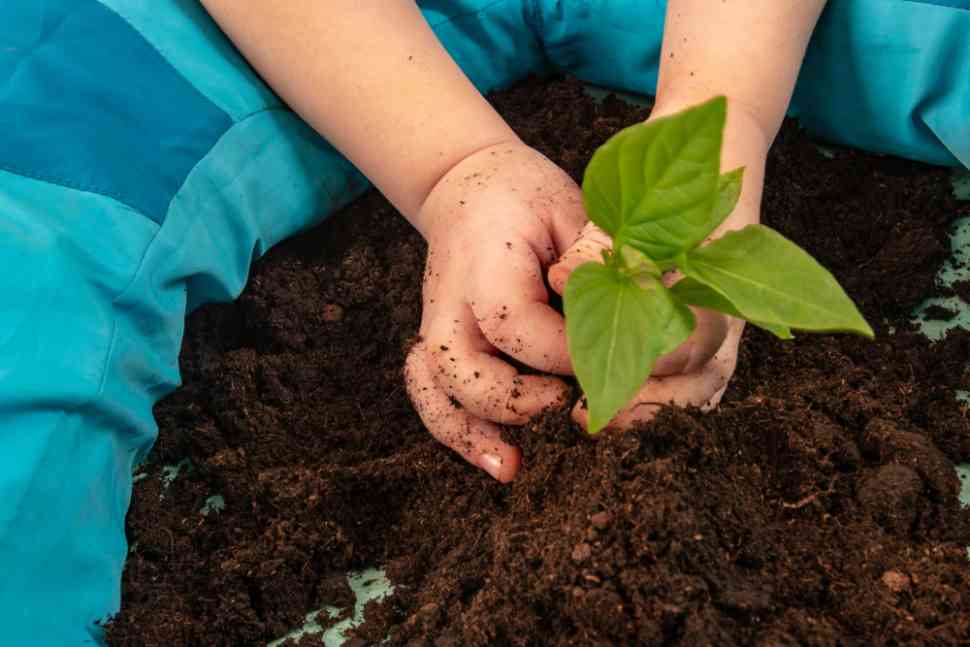Fröbel and the Idea of Kindergarden

Fröbel, a German educator, is considered the father of preschool education and the founder of the institution he called “Children’s Garden” or kindergarten, a term used to this day in the German-speaking and English-speaking world. Fröbel believed in the effectiveness of the child’s action, especially when it is self-motivated and integrated into the game. His system for the infant’s education rests on the single psychophysical unity of the human mind, which follows the evolutionary natural laws. These natural laws are not ethical but result from young children’s psychological tendencies for movement and energy, handicraft activity, production and creation, rhythmic movement, knowledge, and socialization.
Playing has been an important factor in Kindergarten education, the most important means for the self-motivation of children from 3 to 6 years old. Play education is an important neoterism for the educational conceptions of the time.
For Fröbel, playing is about the free manifestation of the child’s tendencies and the illustration of their inner effort. The game helps to develop their intellect, connecting their inner world with the world of sensations, awakening their curiosity and thirst for knowledge. In the game, the child confirms what they can do by discovering the possibilities of their will and thinking. They must begin with an easy and attractive activity to keep their interest alive and to be able to develop all their abilities correctly.
In the Froebelian nursery, suitable materials are given to children, cubes, plates, clay, wax, sand, paper, greens, wood, etc. With these materials, toddlers create caves, bridges, furniture, and other shapes, which sometimes seem incomplete. However, we must see their mental disposition, interest, and the effort they put into creating. We need to provide them with many materials to manufacture whatever they can think of. The usual ready-made games do not allow them to process them and do not awaken their interest.
Any occupation in kindergarten should not take place in a formalized way. Self-active work pleases them, develops their imagination, and cultivates their feelings. In the Froebelian system, self-action is regarded as the basis of all intellectual and moral progress. With the awakening of young children’s ingenuity, the individual’s self-acting production begins. Their creativity and free action are developed. The free action of children, however, must develop within certain limits. Apart from the benefit of the development of motion, aimless play brings progress.
Fröbel argued that the greatest pleasure of young children is: “to play with the soil, to shake their hands in the water and the mud. When the tendency to cultivate the land is manifested in children, the grown-ups tend to suppress it for fear of the child being hurt. What we must perceive, however, is that the child does nothing other than follow the natural law of the evolution of humankind, so we must leave it free to deal with what its nature asks.”
Sand is considered an excellent means of satisfying the desire of infants to cultivate the land in the Froebelian system. Each kindergarten that is not seaside, so that children go to the sand and play, should have one to three shallow pits surrounded by thick woods 25-35 cm high., with a horizontal board lengthwise, where toddlers sit when they want or use it as a balance toy. We fill these pits with clean sea sand. After the kindergarten teacher throws some water in it, the toddlers are left free to create whatever they want according to their age and imagination.
The joy of young children is more significant when they are left to assist in gardening work. Still, they are more enthusiastic when they are given a piece of land of their own to cultivate, which in the Froebelian system is called a “Garden.” Therefore, each toddler must have their own garden, even if it is very small. It is also good to give them advice when they ask us and not to interfere with our actions.
The works of children may seem aimless and silly. However, all these contribute to the knowledge of nature. They stimulate the tendency towards cultivating the land, and all that is useful for developing young children, movement, productivity, etc. When the child becomes accustomed to loving nature, they will develop affectionate feelings. This is briefly what the educational approach of Fröbel suggests, and many parents and teachers have embraced it with enthusiasm.
Have you read?
A.I. – It’s Altogether Insane So Now What by Rick Andrade.
Eddie Listorti, CEO of Viridios Capital, Explains the Differences and Similarities Between ACCUs and SMCs.
How To Build A Resilient Business in 2023: Defying the Sunk Cost Fallacy of Self Justification by Dr. Erik Reis.
7 steps to transition from employee to digital entrepreneur by Hemi Hossain.
4 Financial Concerns of the Ultra-Wealthy in 2023 and How to Solve Them by Susan Wofford Jones, J.D.
Bring the best of the CEOWORLD magazine's global journalism to audiences in the United States and around the world. - Add CEOWORLD magazine to your Google News feed.
Follow CEOWORLD magazine headlines on: Google News, LinkedIn, Twitter, and Facebook.
Copyright 2025 The CEOWORLD magazine. All rights reserved. This material (and any extract from it) must not be copied, redistributed or placed on any website, without CEOWORLD magazine' prior written consent. For media queries, please contact: info@ceoworld.biz








